“Dr. Sacks reports that patients with neurological disorders who cannot talk or move are often able to sing, and sometimes even dance, to music. Its advocates say music therapy also can help ease the trauma of grieving, lessen depression and provide an outlet for people who are otherwise withdrawn.” - St. Louis Post Dispatch on “Awakenings” by Dr. Oliver Sacks
On August 30, 2015, the world lost a profound soul. Oliver Sacks was born in London in 1933 to a family of physicians and scientists. With a medical degree from Oxford (Queen’s College), and residencies in San Francisco and UCLA, he later moved to New York where he practiced neurology. After serving as Professor of Neurology and Psychiatry at Columbia University Medical Center from 2007-12, he then moved to the NYU School of Medicine. He is best known for his collections of neurological case histories, including The Man who Mistook his Wife for a Hat, Musicophilia: Tales of Music and the Brain and An Anthropologist on Mars. His book, Awakenings, inspired the 1990 Academy Award-nominated feature film starring Robert De Niro and Robin Williams. Dr. Sacks was a frequent contributor to the New Yorker and the New York Review of Books. The New York Times referred to Dr. Sacks as “the poet laureate of medicine,” and in 2002 he was awarded the Lewis Thomas Prize by Rockefeller University. He was an honorary fellow of both the American Academy of Arts and Letters and the American Academy of Arts and Sciences, and held honorary degrees from many universities, including Oxford, the Karolinska Institute, Georgetown, Bard, Gallaudet, Tufts, and the Catholic University of Peru. (Bio courtesy of www.oliversacks.com)
Dr. Sacks was also a profound writer, a scientist, a therapist, a humanitarian, a musician, a philosopher, a speaker, a motivator, and consumer of life. For musicians and music educators alike, his work serves as an advocacy platform from the pure perspective that music is the very language of the heart and soul, which is understood on a deeper level, even over language itself. What if language never evolved, and people communicated through singing or playing instruments? Music is not a universal language, as it takes on a diverse context and meaning to every culture and individual; however, it transcends meaning and depth in a way that no other art form does, including language communication - never to be duplicated or replicated in one’s auditory senses once heard or performed.
Rhythm is also easier for the brain to understand than melodic and harmonic processes. Patterns in rhythm originated in civilizations and is “primordial” in its’ basic function, and will continue to serve as a vehicle to diversify cultures. Music used to involve everyone, and in its’ simplest forms, was used to communicate emotions via spiritual rites or healing and religious ceremonies, but now we leave it to trained musicians and composers to create and duplicate.
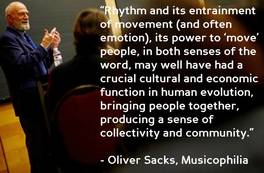
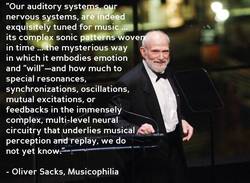
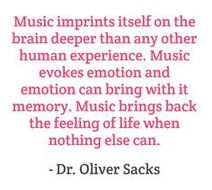

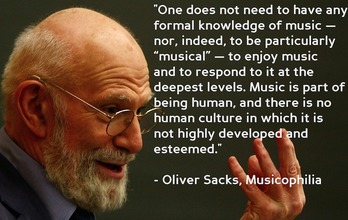
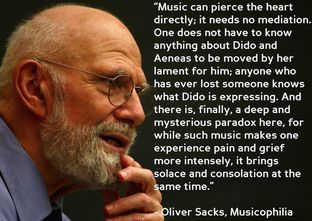
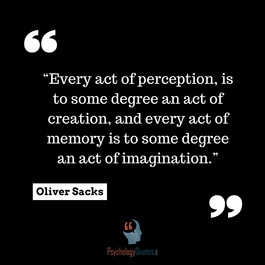
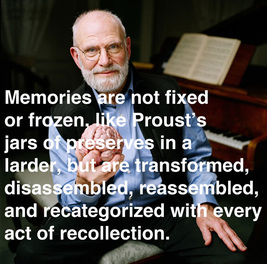
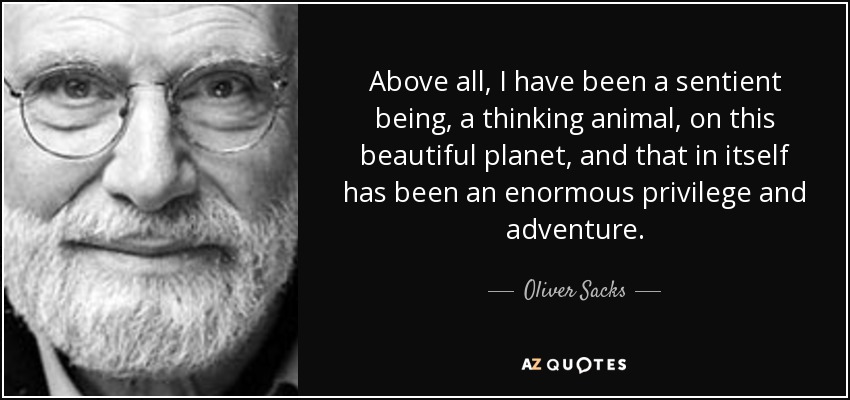
 RSS Feed
RSS Feed